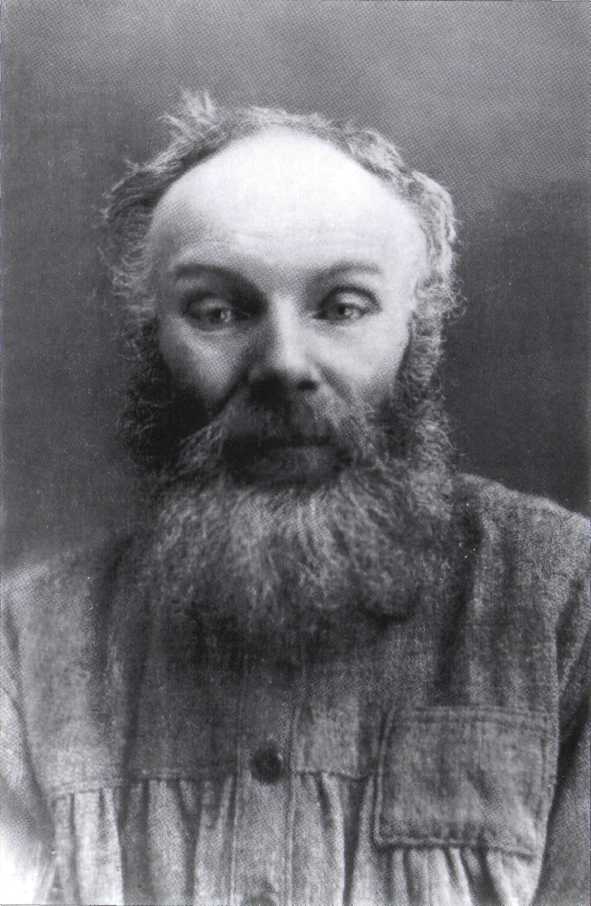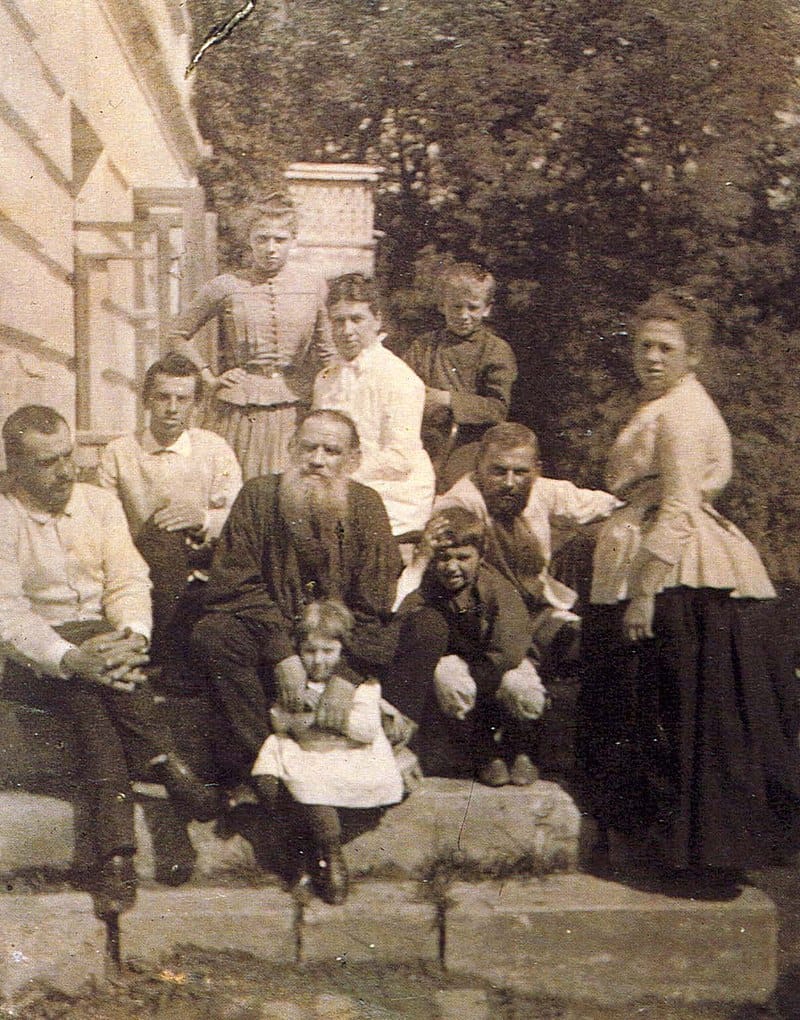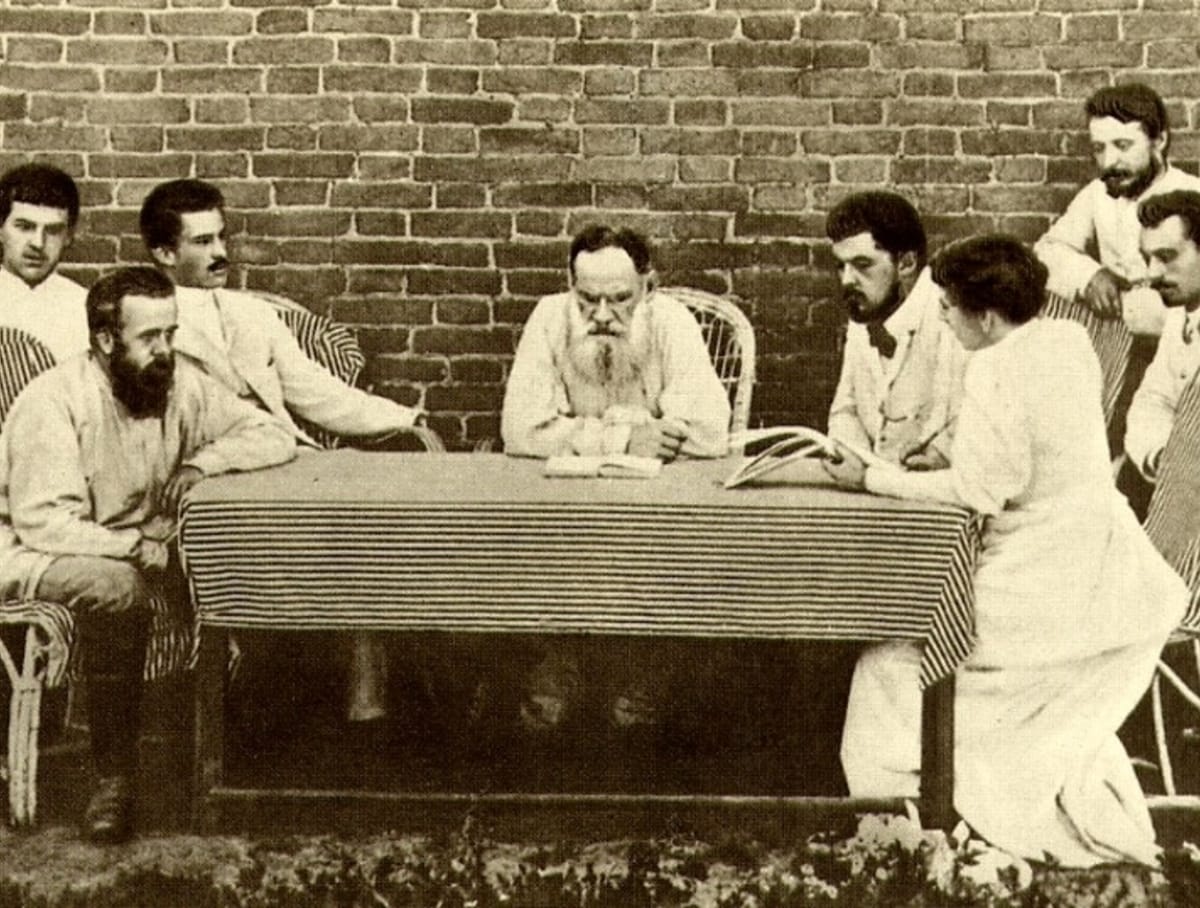In August, Russian Prime Minister Mikhail Mishustin quoted Leo Tolstoy: “Happy is he who is happy in his home.” We decided to check whether Leo Tolstoy said something similar and in what context.
Mikhail Mishustin decided to quote this quote during the “Environment for Living” forum. In his speech he said the following: “The great Russian writer Leo Tolstoy said: “Happy is he who is happy in his home.” After this, Mishustin continued talking about housing programs, infrastructure and construction. The quote was not ignored by state media, for example TASS. Telegram channel of journalists from the RIA Novosti agency working in the Kremlin pool, counted, that the quote has a hidden meaning “against the backdrop of the decision of some countries (Finland, the Baltic states) to stop or reduce the issuance of visas to Russians.” Agency post reposted RT editor-in-chief Margarita Simonyan wrote in her Telegram channel, adding the comment: “Mishustin is excellent.” Press release issued by the government then retold and regional media, and sitesdedicated to real estate.
One of the first suspected the inconsistency of the statement with the works of Leo Tolstoy, journalist Andrei Zakharov. Search according to the 90-volume collected works available on the website tolstoy.ru, it did not lead to anything - there is no such phrase in the main works of the writer, nor in his diaries, nor in letters. Zakharov suggested that perhaps we are talking about a phrase from story Anatole France's "Street Trader", included by Tolstoy in the collection "Reading Circle". Another phrase about happiness There is in Tolstoy’s “Cossacks”: “There is only one happiness: whoever is happy is right.” But there is nothing about the house here.
However, a relatively accurate quote was still found. In the comments to Zakharov’s post on Twitter, a reader brought her, referring to the last lifetime collected works of Leo Tolstoy. It turned out that these are not the actual words of Leo Tolstoy from his written heritage, but the story of the peasant Mikhail Novikov about his meeting with the writer. The story was first published in a collection for Tolstoy's 80th birthday in 1908. The collection then repeatedly reprinted.

In this fragment Novikov talking with Tolstoy about “family evil and discord, from which it is so difficult to protect yourself.” Tolstoy answered the peasant: “The most difficult test that God sends to man is family. No wonder someone said that only those who are happy at home are happy. The main thing is that you are chained to your family forever and every minute you are exposed to cross opinions, affairs and conversations that you do not like or which you cannot tolerate without arousing anger in yourself.”

Tolstoy could well have uttered such words, the evidence looks plausible. Mikhail Novikov, a peasant of the Tula province, was in close and constant contact with the writer, in his complete collected works included their correspondence. Moreover, Tolstoy sent one of the last letters in his life to Novikov: having decided to leave Yasnaya Polyana, he asked Novikov to find him some hut in the village and not tell anyone about it. And before that, in 1896, when the Tolstoyan peasant was arrested and exiled, the writer stood up for him and demanded his release. So Tolstoy’s words are unlikely to have been distorted or misunderstood. However, one cannot help but pay attention to the fact that Tolstoy cites this phrase here as someone’s famous statement. It is important that in a conversation with Novikov he comments on this phrase in detail.
However, in Mikhail Mishustin’s interpretation, the quote completely lost its original meaning. Tolstoy talks about the unbearable burden of family life and shares his experiences with his interlocutor. At the same time, he draws attention to the fact that tolerance is necessary to achieve spiritual harmony. And without harmony in your home microcosm, happiness is impossible, Tolstoy believes.
Therefore, we can conclude that the quote is really connected with Leo Tolstoy, although Mishustin significantly changed it. However, it completely lost touch with its original context, turning, in the words of the Prime Minister, into a glorification of the affordable housing program - or, according to Simonyan’s interpretation, into a hint to Russians that home is better than abroad.
Cover photo: Wikimedia commons
Taken out of context
If you find a spelling or grammatical error, please let us know by highlighting the error text and clicking Ctrl+Enter.






